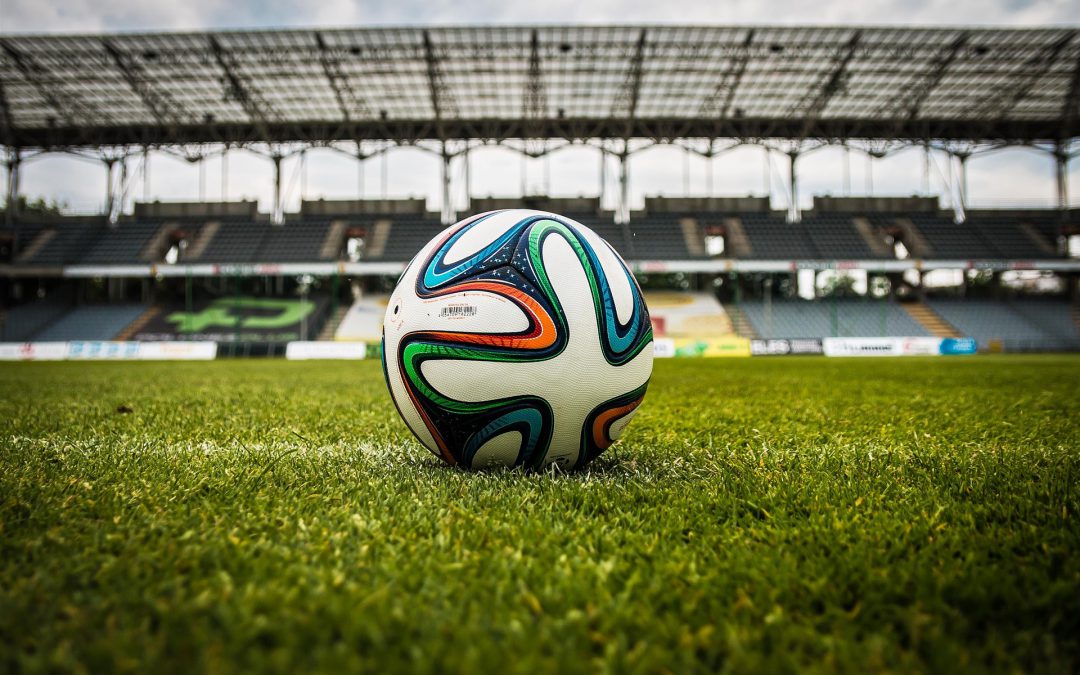What exactly are the Euros?
Affectionately known as “the Euros”, the full name of this championship is The UEFA European Football Championship. It happens every four years, and the 2024 competition has been hosted by Germany. The Euros brings together Europe’s best national teams, who first play in groups and then go on to quarter-finals, semi-finals, and…finally…the finals. The 2024 Euros started on June 14th and the final will be this Sunday, July 14th.
When did the Euros first start?
The Euros have been running since 1960, and it’s the second most watched football championship behind the FIFA World Cup. It was called the European Nations Cup until 1968 when it became the UEFA European Championship.
Euro 2024 the England v Spain final
The 2024 Euros have been exciting, nail-biting, and frustrating – everything that football fans want in a big championship. From last-minute swaps to agonising penalties, we’ve seen it all. Sunday’s final will see Gareth Southgate’s England team square up to Spain (who have 3 Euros titles already…) What are your predictions?
What makes a good footballer?
Football is so much more than championship finals. Footballers are all-round athletes who train hard off the pitch to have endurance, speed, and agility. Today’s game is comparatively faster, more technical, and more tactical than in previous decades, and footballers tend to be bigger and stronger.
What fitness skills do footballers need?
- Endurance – footballers need to maintain their endurance and produce bursts of speed for 90 minutes (or more if it goes to extra time)
- Speed – footballers need to execute quick changes in direction and fast sprints at a moment’s notice
- Strength – don’t underestimate the strength footballers need in their legs, quads, hips and back
- Agility – footballers need to be nimble, reactive, and be able to make quick changes in direction
- Mental toughness – elite footballers have to cope with pressure, criticism, decision-making, and stay calm throughout!
How do elite footballers train?
Maybe you play for a local team, maybe you’ve never set foot on a football pitch. Either way, it’s interesting to look at the training regimes of elite football players to see what we can take for our own fitness routine.
- High-Intensity Interval Training (HIIT) – explosive bursts of training mimic the stop-start nature of matches and train power, cardio fitness, and the ability to recover between efforts.
- Strength training – elite footballers aren’t just fit, they’re strong and carry a lot of muscle. Strength training helps with taking shots and making tackles.
- Plyometrics – plyo training like vertical jumps, broad jumps and lateral power work will improve agility and power for explosive movements.
- Technical drills – like any athlete, footballers will drill movements specific to their sport – in this case footwork, ball control, and tactics.
- Recovery – footballers need to take recovery seriously, especially during a month-long championship like the Euros. This is likely to include stretching, mobility work, soft tissue work, and perhaps ice baths.
How can the Euros and football fitness help inspire your gym routine?
You might not want to play football, but it’s worth adding some of these elements into your own routine to get fitter and stronger. Mix your training up so you don’t get stuck in a rut. Try to include some steady state cardio (for heart health), some HIIT or intervals (for fitness), some strength training (for strength and power), and some flexibility work (to increase mobility and boost recovery).
Focus on total-body fitness like footballers do, with plenty of functional exercises and lateral (side to side) movements. Most of us fall into the trap of training in one direction (forward and backwards). Adding some side-to-side movements and explosive work will help build true all-round strength to guard against injury.
And how about trying out team sport this summer? There are so many sports in your local area crying out for new team members. Go to a trial session and find something you love. Team sport is a great way to get fitter whilst building a social scene!
Workplace wellness lessons from Euro 2024
Football isn’t just about what happens on the pitch. As any football fan will tell you, it also has great lessons in team work, leadership, decision-making, and stress management. Here are our top 5 learning points for every workplace.
- Teamwork – how have the Euros shown us that team success is better than individual glory? How can your people work together towards a common goal like Southgate’s squad?
- Leadership – Kane and Southgate have shown us that every team needs leaders who can inspire, guide, and made tough decisions when needed. Can you use any lessons from football to nurture your leadership team?
- Adaptability – footballers have the amazing ability to change tactics mid-game without losing their heads. How can you apply this to your business?
- Resilience – your staff might not need to bounce back from setbacks in a 90-minute time period, but there’s lots they can learn from the resilience shown during and just after a football match.
The countdown is on for Sunday’s Euro 2024 final. As you soak up the atmosphere this weekend, have a think about how you can bring a bit of footballing fitness into your own training routine. And next week, reflect on the workplace wellness lessons that can transfer to your organisation.




